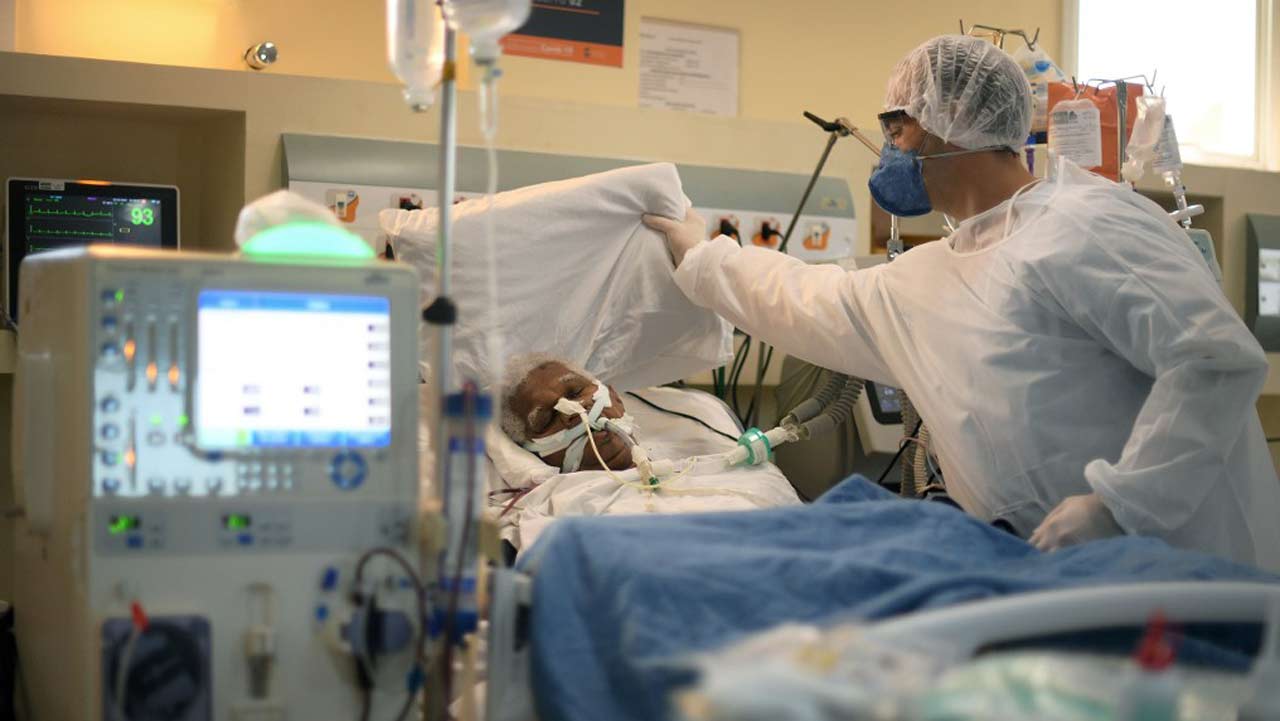The Minister stated this in Abuja Monday when he briefed the Press as part of the activities to mark the World Health Day with the theme ‘Vector-borne diseases’ and the slogan ‘Small bites, big threats’.
He said that these diseases have the same symptoms as other fever-causing diseases prevalent the country adding that they are more virulent and have very high case fatality rates.
He explained that vector-borne diseases are preventable, yet they exert the biggest impact on our population, impoverishing, disabling and even killing people stressing that renewed efforts by governments at all levels, development partners and other stakeholders have led to the reduction in morbidity and mortality of some of these vector-borne diseases.
He said that apart from public health interventions initiated or coordinated by the relevant authorities and institutions, the individual and the community have a vital role to play.
He called on the people to abandon some traditional practices that promote the spread of these vectors borne disease and assume responsibility for their personal hygiene, and manage the environment in such a manner that will reduce man-vector contact.
He said as a practical demonstration of her commitment in the fight against vector-borne diseases and other public health challenges, the Federal Ministry of Health will begin from now and in pursuant of extant policies, distribute medicines(tablets and injectables) for Lassa fever, rabies and snake bite to hospitals, states and collaborating partners.
Prof.Chukwu said that this year’s World Health Day aims to focus attention and raise awareness about the threat posed by vectors and vector-borne diseases and to secure renewed global commitment towards their elimination.
Dr.Rui Gama Vaz,WHO Representative in Nigeria in his remarks said that in the African Region, the social and economic impact of vector-borne diseases is very high and the poorest people are the most affected.
He said in 2012 alone, there were an estimated 564,000 deaths caused by malaria and 36,500 associated with sleeping sickness adding that more than 45 million people are at risk of elephantiasis, and river blindness is still prevalent in 20 counties where 15.7 million people are infected by it and 500,000 are visually impaired as a result of this infection.
He noted that factors that contribute to the burden of vector-borne diseases include environmental, poor living conditions and climate changes that are conducive to the breeding of vectors stressing that vector resistance to insecticides constitutes a serious threat to vector control.
He said that the theme for this year’s World Health Day is particularly relevant to WHO because Nigeria alone bears over 25% of Africa’s vector borne diseases burden.
He said that it is encouraging to note that progress is being made in Nigeria to tackle vector-borne diseases pointing out that malaria is on the downward trend, river blindness is no longer a public health problem, the intervention drugs for Onchocerciasis, Schistosomiasis and Lymphatis filariasis are more or less secured adding that government has evolved a clear integrated vector management strategy.
He stressed that these are demonstrations of Nigeria’s commendable commitment for tackling vector borne
diseases in the country, and WHO is a proud partner in these great achievements.
ABUJA: Training Schedule for Basic Life Support BLS, Pediatric Advanced Life Support (PALS), Advanced Cardiovascular Life Support ACLS, First Aid, CPR, AED
PORTHARCOURT: Training Schedule for Basic Life Support BLS, Pediatric Advanced Life Support (PALS), Advanced Cardiovascular Life Support ACLS, First Aid, CPR, AED
LAGOS: Training Schedule for Basic Life Support BLS, Pediatric Advanced Life Support (PALS), Advanced Cardiovascular Life Support ACLS, First Aid, CPR, AED




